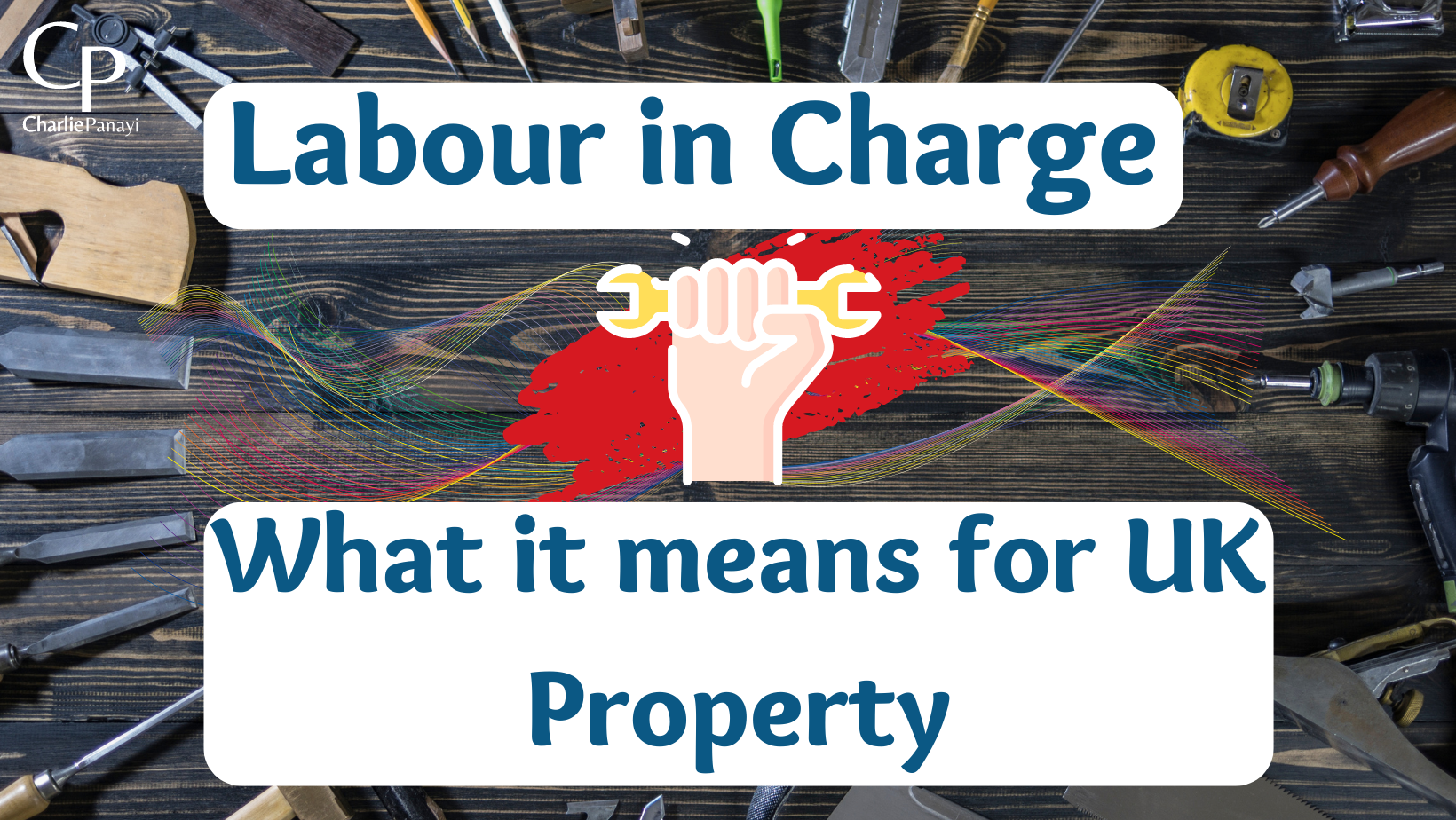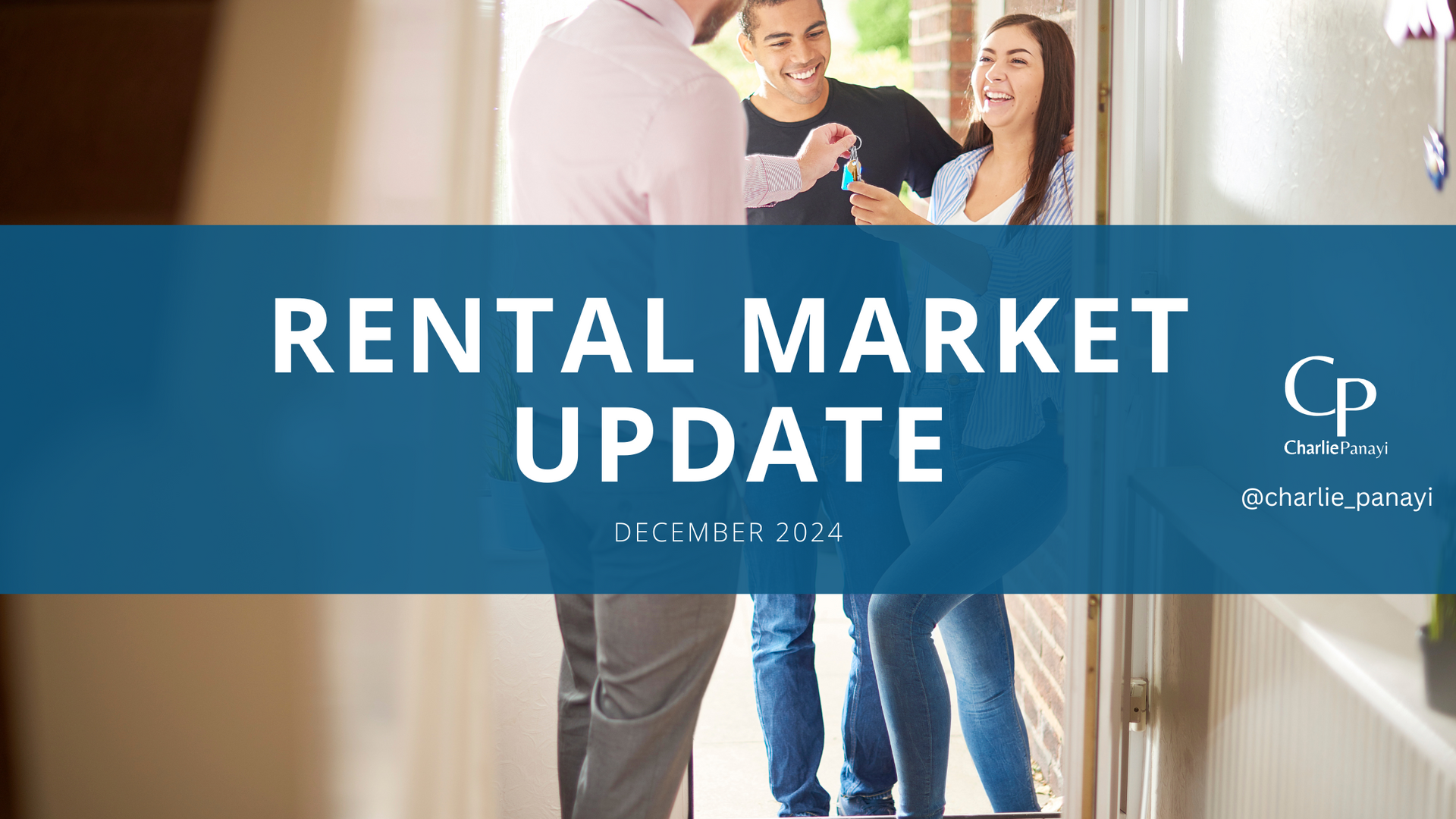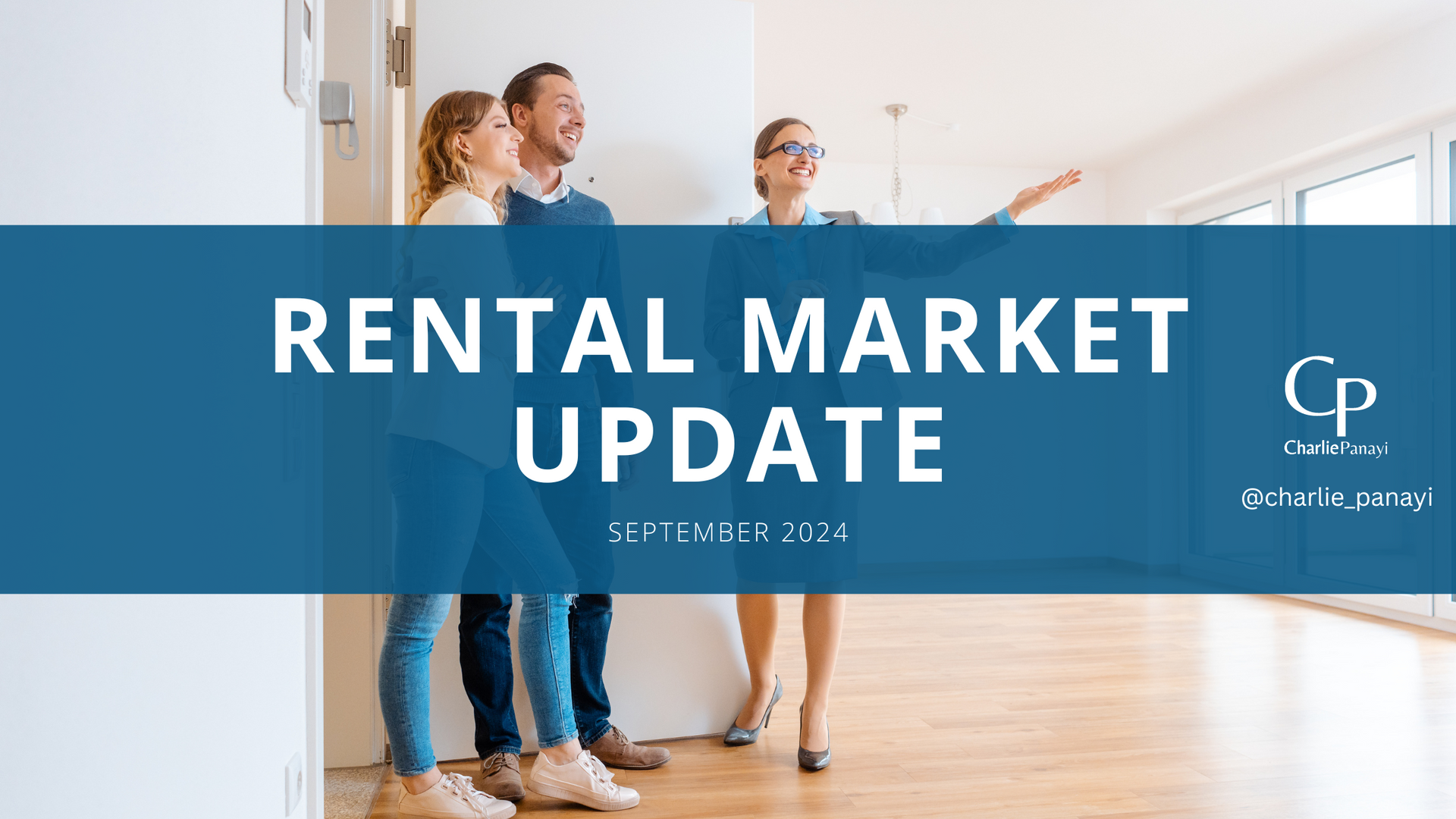By Charlie Panayi
•
February 26, 2025
Pride is often seen as a positive force in business. It fuels confidence, resilience, and a strong sense of leadership. But when left unchecked, pride can quietly hold you back , stopping you from seeing opportunities, embracing feedback, and making the decisions that will actually move you forward. A recent conversation with a client really drove this home for me. They shared how they had struggled to accept feedback because it felt like a personal criticism of their leadership , also a local business owner I witnessed who can't see it in themselves . This wasn’t about arrogance...it was about pride getting in the way of growth. And the more I thought about it, the more I realised how common this is. Pride, when taken too far, can blind leaders to the very things that could help them succeed. It creates an invisible ceiling...one that limits perspective, slows progress, and damages relationships . So, how does this happen? Here are five ways pride could be limiting your success... and what you can do about it. 1. Resistance to Feedback: The Silent Growth Killer No one likes criticism. But when pride takes over, even constructive feedback feels like a personal attack . Instead of seeing feedback as a tool for improvement , many leaders see it as a challenge to their authority or expertise . Yet, research has shown that companies that actively seek feedback and foster a culture of learning outperform those that don’t. A study from Zenger & Folkman found that leaders who ask for and act on feedback are rated 86% more effective by their employees (source) . If you struggle to accept feedback, ask yourself: What if this person is right? What opportunities am I missing by ignoring this? Am I resisting feedback because of ego , or because I genuinely disagree? The moment you start separating feedback from personal identity , you unlock a whole new level of growth . 2. Fear of Vulnerability: Why Leaders Struggle to Ask for Help Many business owners and leaders feel pressure to always have the answers . They believe that admitting a mistake or asking for help is a sign of weakness . But in reality, it’s the opposite . Some of the most successful people in the world actively seek out help and mentorship . They surround themselves with advisors, peers, and experts who challenge their thinking and push them forward. If you never ask for help, you risk: Making avoidable mistakes because you didn’t seek advice Slowing down your progress by trying to figure everything out alone Burning out by carrying more than you need to The best leaders don’t go it alone... they build strong support systems and know when to reach out. 3. Stagnation from Perfectionism: The Illusion of ‘Not Ready Yet’ Pride and perfectionism often go hand in hand. Leaders with high standards (which is a good thing) can sometimes become paralysed by the fear of launching something imperfect (which is a bad thing). You tell yourself: “I’ll do it when it’s perfect.” “It’s not quite ready yet.” “I need more time.” But the reality? Perfectionism is often just fear in disguise. The longer you wait, the more momentum you lose. Research suggests that 92% of people fail to achieve their goals , often because they overanalyse or delay starting due to fear of failure. Success isn’t about getting it perfect... it’s about getting it started . 4. Limited Perspective: The Danger of Thinking ‘My Way is the Only Way’ Pride convinces leaders that their way is the best way... but in business, that kind of thinking can kill innovation . The best ideas often come from outside perspectives... from employees, peers, mentors, or even customers. If you shut down new ideas because they don’t align with your way of thinking , you could be missing out on game-changing opportunities . Neuroscience research suggests that leaders who expose themselves to diverse perspectives enhance cognitive flexibility and decision-making skills (source) . The fix? Stay curious . Actively seek out different perspectives . Challenge yourself to see things through someone else’s lens...bec ause that’s often where the biggest breakthroughs happen. 5 . Strained Relationships: When Pride Creates Distance A leader who always needs to be right is a leader who will struggle to build trust . When pride gets in the way, relationships suffer. Employees stop speaking up, business partners hold back ideas, and clients feel unheard. Over time, this creates a culture where collaboration is weak, communication is guarded, and progress slows down. L eaders who demonstrate humility are more effective at building high-performing teams . The most influential leaders aren’t the ones who force their opinions... they’re the ones who listen, adapt, and bring people together. How to Shift: The Power of Humility Balancing confidence with humility is the key to real, sustainable success . The best leaders: ✔️ Embra ce feedback instead of resisting it ✔️ Ask for help without fear of looking weak ✔️ Take action instead of waiting for perfection ✔️ Stay open to new perspectives ✔️ Lead with curiosity, not ego Pride won’t grow your business. Humility will. Final Thoughts Pride is tricky...it feels like strength, but when it’s unchecked, it can be a hidden weakness. If you recognise any of these patterns in yourself, don’t beat yourself up. Awareness is the first step. The key is to stay open, keep learning, and always be willing to grow. At the end of the day, leadership isn’t about having all the answers... it’s about knowing when to listen, learn, and evolve . If you want to book me for a talk or work with me, reach me via charlie@charliepanayi.com











